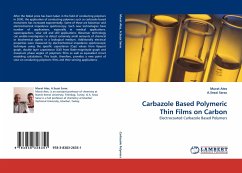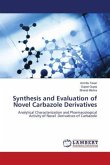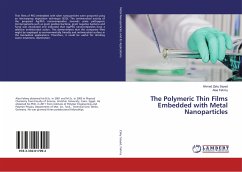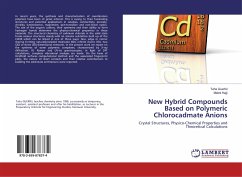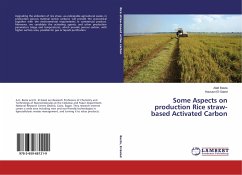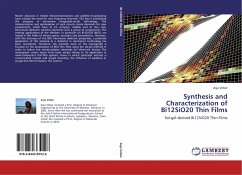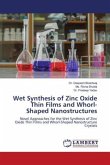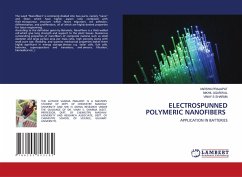After the Nobel prize has been taken in the field of conducting polymers in 2000, the application of conducting polymers such as carbazole based monomers has increased exponentially. Some of these are biosensor and electrochemical impedance spectroscopy. Such new technologies have number of applications, especially in medical applications, supercapacitors, solar cell and LED applications. Biosensor technology can enable investigators to detect extremely small amounts of chemical or biochemical agents in a biological medium. Additionally electrical properties were measured by electrochemical impedance spectroscopic technique using the specific capacitance (Csp) values from Nyquist graph, double layer capacitance (Cdl) from Bode-magnitude graph and maximum phase angles of polymeric films as well as equivalent circuit modeling calculations. This book, therefore, provides a new point of view on conducting polymeric films and their sensing applications.
Bitte wählen Sie Ihr Anliegen aus.
Rechnungen
Retourenschein anfordern
Bestellstatus
Storno

